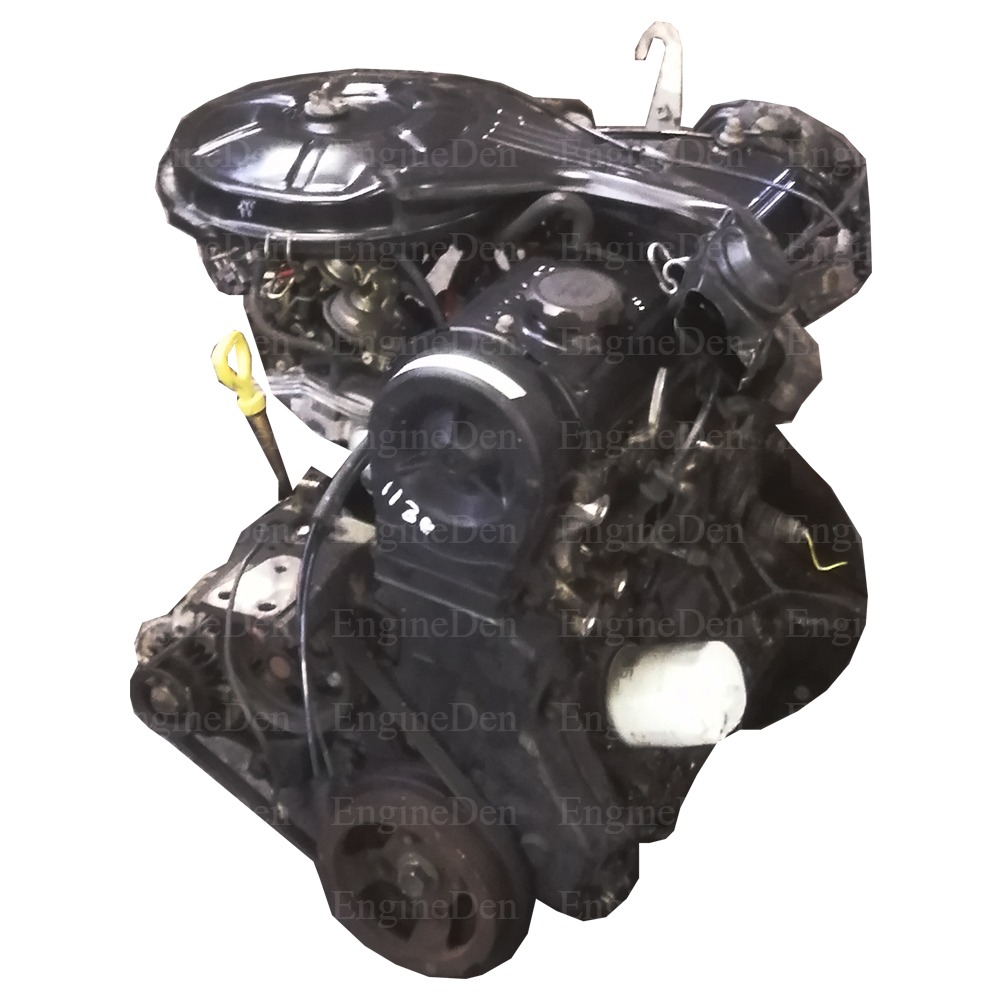Revitalize Your Lorry: Toyota Tazz Engine for Sale Now Readily Available
Revitalize Your Lorry: Toyota Tazz Engine for Sale Now Readily Available
Blog Article
Engine Purchasing Expert Tips on Picking the Right Engine for Your Particular Demands
Choosing the appropriate engine for your specific requirements entails an intricate interplay of variables that go beyond simple horsepower numbers. By delving right into the details of power versus effectiveness, reviewing gas ratings, and budgeting for long-lasting prices, one can absolutely maximize their engine choice.
Power Vs. Effectiveness: Locating the Equilibrium

When choosing an engine, it is essential to strike an equilibrium between power and performance to satisfy your certain demands efficiently. Power refers to the engine's ability to generate power for propulsion, identifying variables like acceleration, lugging capability, and total performance (Toyota Tazz Engine For Sale). On the various other hand, efficiency connects to exactly how well the engine utilizes fuel to create power, influencing aspects such as gas economic situation and environmental friendliness
Accomplishing the appropriate balance between power and performance is important due to the fact that an engine that is also effective might consume extreme fuel, causing higher operating expenses and unnecessary pressure on the atmosphere. Alternatively, an engine that focuses on efficiency over power might lead to slow efficiency, especially in demanding circumstances like lugging heavy lots or driving uphill.
To make an informed decision, take into consideration elements such as your common driving conditions, the desired usage of the car, and your individual preferences. By evaluating your concerns and requirements, you can choose an engine that strikes the excellent equilibrium between power and effectiveness, making certain optimal efficiency while minimizing environmental impact and operating prices.
Recognizing Engine Size and Kind

Usual engine kinds consist of inline engines, V engines, and rotating engines, each with its unique benefits and downsides. Recognizing the interplay between engine dimension and kind is essential in choosing an engine that straightens with your particular needs and top priorities, whether it be power, performance, or an equilibrium of both.
Consider Your Car's Requirements
Considering your car's requirements is a fundamental action in the engine selection process to make sure optimum performance and performance. It is important to review factors such as the meant use of the vehicle, its weight, pulling capability, and fuel effectiveness requirements. As an example, if you are looking for an engine for a durable truck that will certainly be used for towing, you will certainly require an effective engine with high torque abilities. On the various other hand, if you are selecting an engine for a small auto mainly utilized for city commuting, gas effectiveness might be an extra important factor to think about.

Evaluating Fuel Performance Scores
Examining fuel efficiency scores is a critical aspect of picking the best engine for your vehicle, guaranteeing expense financial savings and environmental sustainability. Fuel performance rankings, commonly gauged in miles per gallon (MPG) for fuel engines or kilowatt-hours per 100 miles (kWh/100 miles) for electrical engines, indicate just how far a car can travel on a certain amount of fuel or power. Greater MPG or reduced kWh/100 miles values represent a lot more effective engines, equating to reduced gas prices and reduced carbon emissions.
Additionally, contrast different engine options within the exact same car class to identify the most cost-effective selection. Aspects such as engine dimension, weight, aerodynamics, and crossbreed or electrical abilities can all influence gas effectiveness.
Budgeting for Long-Term Prices
Tactically preparing for long-term expenditures is imperative when selecting an engine, guaranteeing economic sustainability over the automobile's life expectancy. While the initial acquisition price of an engine imp source is a substantial element, it is crucial to take into consideration the lasting prices connected with upkeep, repair work, and gas usage. Choosing a much more fuel-efficient engine might have a greater upfront expense yet can result in significant financial savings gradually. Regular upkeep, such as oil modifications, filter substitutes, and tune-ups, is vital to keep the engine running efficiently and efficiently, minimizing the danger of pricey fixings down the line.
Moreover, researching the availability and cost of replacement components for the chosen engine is important in budget plan planning. By thoroughly budgeting for these long-lasting costs and factoring them into the decision-making process, people can pick an engine that not just satisfies their prompt demands yet also stays cost-effective throughout its lifespan.
Conclusion
To conclude, picking the best engine for your certain needs calls for stabilizing power and effectiveness, comprehending engine dimension and type, considering your vehicle's needs, reviewing fuel effectiveness scores, and budgeting for long-lasting costs. By very carefully thinking about these elements, you can guarantee that you choose an engine that satisfies your demands and offers optimal performance for your vehicle.
To further fine-tune the choice procedure of an engine that strikes the optimal balance between power and performance, it is crucial to dive into the complexities of recognizing engine size and kind. Engine size refers to the total quantity of air and gas that can be pressed with the engine cylinders. Common engine kinds include inline engines, V engines, and rotating engines, each with its one-of-a-kind advantages and disadvantages. Recognizing the interplay between engine size and kind is important in picking an engine that aligns with your certain requirements and top priorities, whether it be power, effectiveness, or an equilibrium of try this site both.
Fuel effectiveness scores, normally measured in miles per gallon (MPG) for gas engines or kilowatt-hours per 100 miles (kWh/100 miles) for electrical engines, indicate how much a vehicle can travel on a certain amount of gas or electrical power.
Report this page